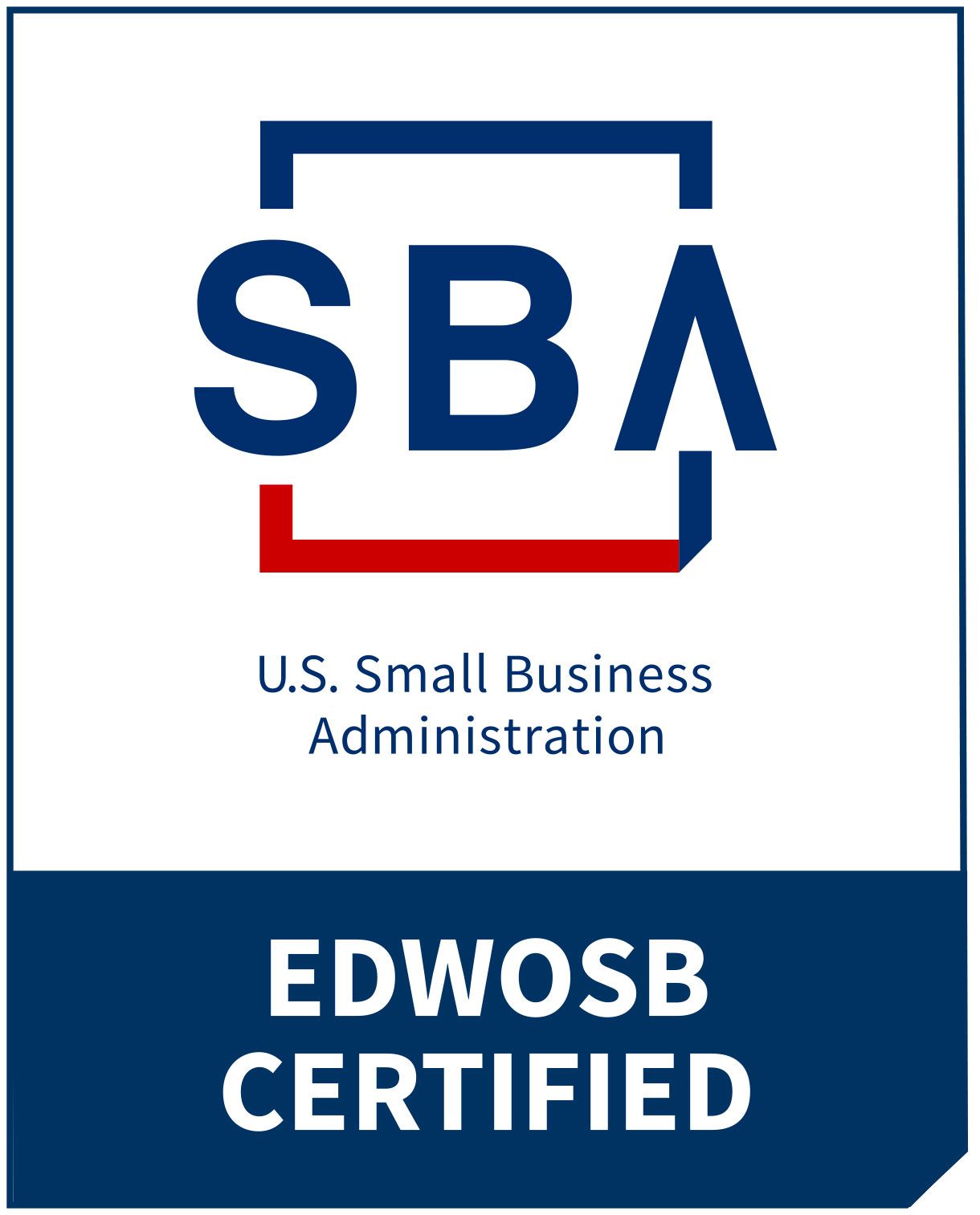Undoubtedly, the ASWB is a huge step for your career and future. However, taking tests, especially those with high stakes, like the ASWB exam, can be quite stressful. You may feel overwhelmed due to the extensive preparation this exam requires or your fear of failure.
The pressure of self-expectations, the challenging nature of questions, and performance anxiety can all contribute significantly to stress. When you are anxious, it is easy to fall into the trap of negative thoughts, causing you to second-guess yourself. These negative thoughts often stick in our minds, provoking or adding to our discomfort and making every situation seem worse. This can hinder your confidence and performance in a test situation.
Recognizing these negative thought patterns can help you manage them in test taking situations and beyond. Continue reading to learn about three common thinking traps you may encounter while taking a clinical license exam and how to overcome them and perform at your best.
Thinking traps, also known as cognitive distortions, are recurring patterns of negative thoughts. They often emerge as automatic thoughts in response to stressful or challenging situations, such as the ASWB exam. These traps can distort your perception of reality and influence your decision-making, potentially leading to unhelpful and often inaccurate conclusions.
In a test taking situation, you may become overwhelmed by feelings of pressure, anxiety, and fear of failure. This can lead you to quickly jump to irrational or extreme conclusions, leading to unhelpful and often inaccurate conclusions, aggravating your uneasiness and discomfort.
But you're not alone in facing these thinking traps. It's reassuring to know that most of us have experienced them many times in our lives. Most common include all-or-nothing thinking, catastrophizing, and overgeneralization. It's essential to be aware of and learn how to overcome these thought traps to keep a balanced and realistic perspective, especially in stressful situations like exams.

How to Overcome All-Of-Nothing Thinking
Set realistic goals.
Acknowledge that you don't have to get a perfect score. Instead, use your practice test scores to set reasonable goals. Aim for understanding and steady progress, not perfection.
Acknowledge that perfection doesn't equal success.
Recognize that your performance can fall on a broad spectrum between perfect and failing. It's all about doing your best. A variety of outcomes are possible, and perfection isn't required for success.
Practice affirmations.
Replace black-and-white thoughts with positive affirmations. Remind yourself, "Mistakes are opportunities for learning and improvement," "I am well prepared and ready for this exam," and "I will do my best, one question at a time." These and similar affirmations can help shift your mindset from rigid thinking to a more flexible and positive approach, boosting your confidence.

How to Overcome Catastrophizing
Challenge your thoughts.
Actively challenge your thoughts by quickly scanning them and seeking proof for them. For example, ask yourself, "What evidence do I have that one bad score means my career is doomed?" This can help you see the situation more realistically and reduce the tendency to expect the worst.
Reframe your thoughts.
Identify the negative or irrational thought that comes to mind while taking the test. Then, consciously replace it with a more positive and realistic perspective. For example, instead of identifying thoughts such as "I'll never pass this exam," practice telling yourself, "I might miss a few questions, but I can still pass the ASWB exam."
Focus on the present.
Catastrophizing typically causes you to imagine a dreadful future, taking you out of the current moment. Avoid falling into this trap by focusing on the question before you – one at a time. This will help you feel grounded.

Overgeneralization happens when we interpret a single unfavorable event as a never-ending pattern. For example, if you struggle with one practice test section, you could assume, "I always fail at this type of question so that I won't get it right on the exam." Or you may think, "I got a low score on one section; I'm just not good at this at all." This kind of thinking causes you to feel as if you don't have control over your behaviors, triggering stress and anxiety.
How to Stop Overgeneralizing
Focus on specific evidence, not absolutes.
Instead of focusing on one event or making sweeping judgments, look at how you've done over time. For example, if you did poorly on one part of a test, think about the parts you did well on and know that one score doesn't show your overall success.
Focus on growth.
Instead of seeing mistakes as failures, think of them as chances to learn something and improve. Every time you make a mistake, ask yourself what you can learn from it to help you do better next time.
Practice self-compassion.
Treat yourself with compassion and kindness during the clinical license exam, especially when encountering challenges. Instead of being too hard on yourself because of one mistake, remind yourself that everyone makes mistakes and that every experience is a chance to learn and grow.
Conclusion
Preparing for the ASWB exam requires not only expertise and skills but also a positive and resilient mindset. Remember these strategies and apply them regularly as you continue to prepare. Keep in mind that overcoming thinking traps requires continual efforts to build a supportive and confident attitude. Good luck!





